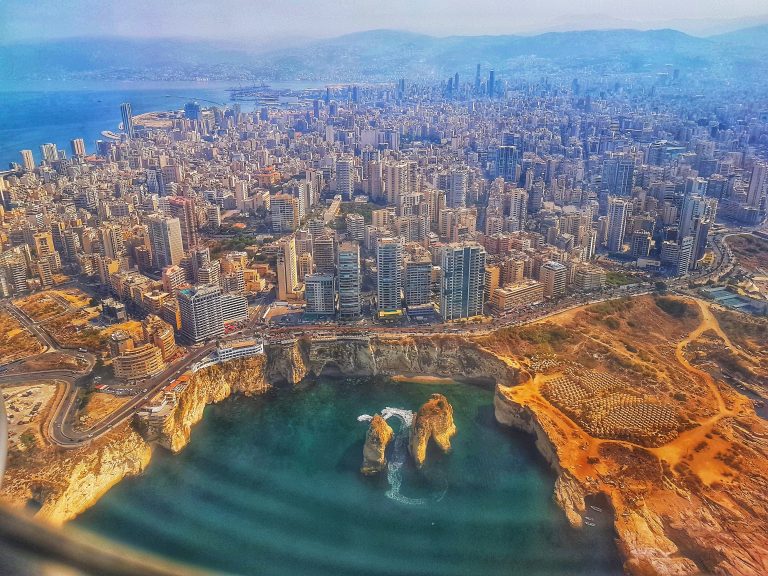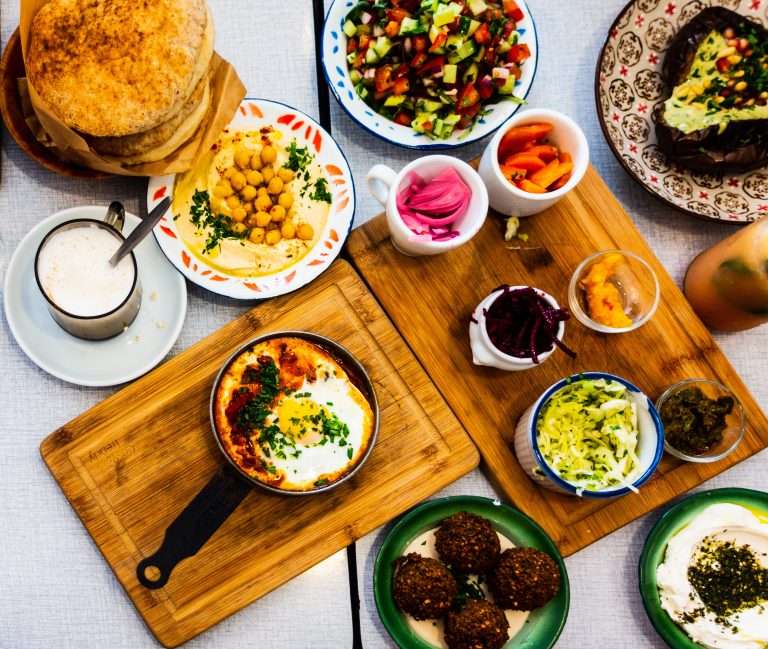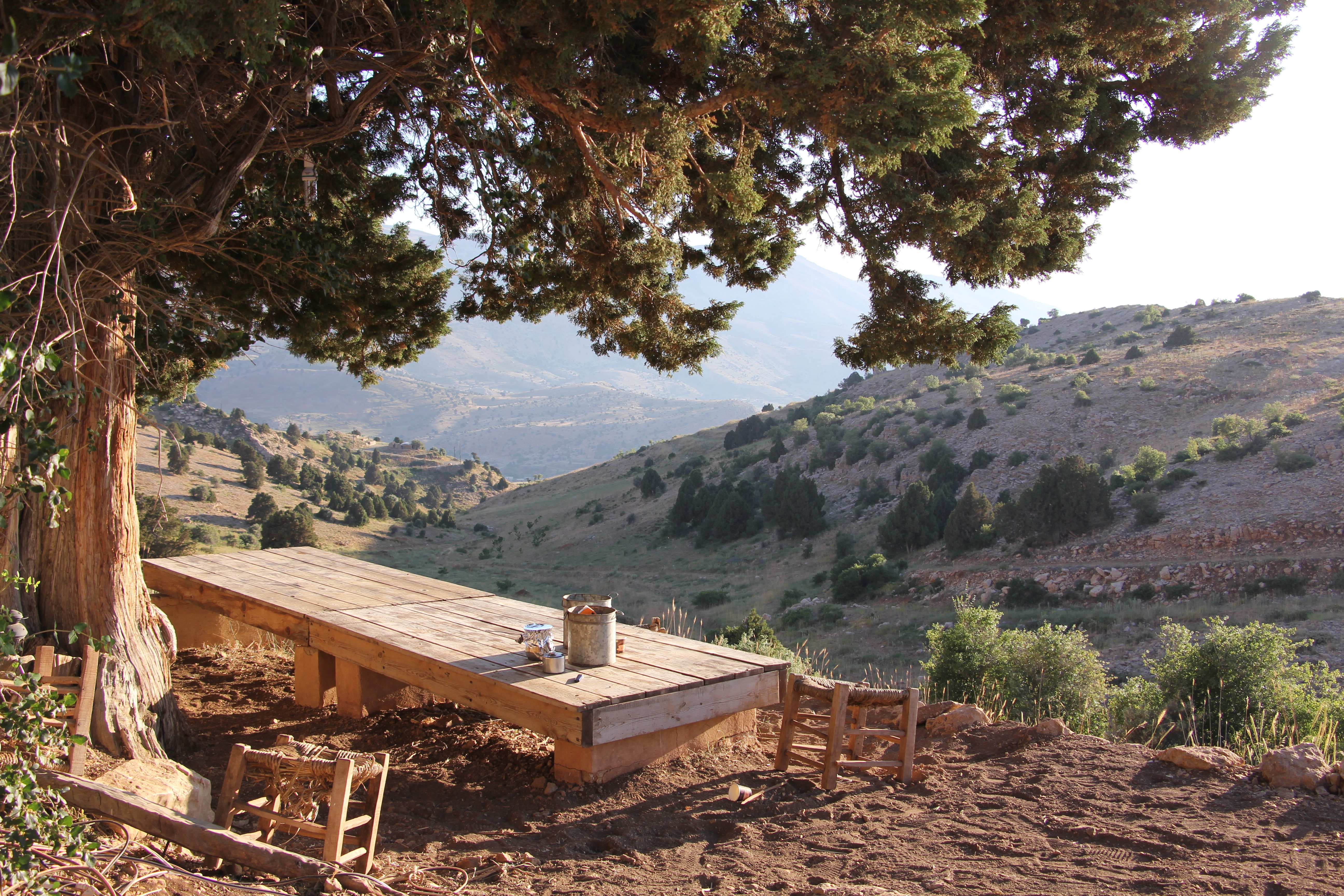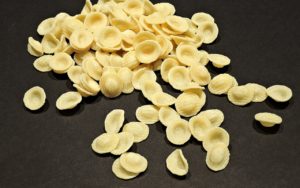Almost everyone you meet would have tried the Lebanese food. From the Middle East to Australia, passing through Europe, Asia and reaching the Americas. This food has gained a special place across continents.
Today we will board on a journey to understand the Lebanese food origins and how it managed to create this world sweeping phenomenon.
Some Background Information about Lebanon

Lebanon occupies a small geographical area of roughly 10 thousand km2 a little less than 4 thousand square miles. It sits on the western edge of the Arabian Peninsula.
The cuisine has a long history dating back for thousand of years. Moreover, it is coloured with the various shades of cultures that occupied its beautiful land.
As the country is de facto Mediterranean, this has impacted its cuisine greatly. Therefore, healthy food is the norm and many restaurants serve delightful dishes, not only in the capital city of Beirut, but across all regions.
The effect of the Mediterranean Sea is reflected in the rich fish offerings in sea-facing taverns. Therefore, seafood lovers can head to the coastal cities of Jbeil, Jounieh, Sour and Batroun to enjoy the best treats of the sea.
Harissa, One of the Most Scenic Monuments in Lebanon.
Book Here:
On the other hand, olive trees occupy a significant surface area. This is especially true in the mountainous regions of the country. Consequently, this makes olive oil one of the best ingredients of the delicious Lebanese food. That might be a simple secret to the flavoursome meals, not unveiled to many.
Civilizations Shaping the History, Culture and Traditions of Lebanon
Numerous civilizations lived in Lebanon. Some of them were cattle herders like the Canaanites. That may partially explains the rich dairy products that are still largely present today. Conversely, another civilization that have long occupied the land and many Lebanese trace their origins to, are the Phoenicians. These seafarers exchanged many trades and ideas across their sea voyages. As a result, they have introduced a lot of new foods and spices to the local cuisine. Such products originated from around the Mediterranean countries in Europe and North Africa. These herbs and spices were very new and exotic at the time of introducing them to Lebanon, and they received a wide acceptance which further enriched the cuisine.
The arrival of Persians and Greeks to the land have impacted the cooking methods and ingredients, as well as, the name of the dishes. In recent history, the Ottoman Turks have brought elaborated meat barbecuing techniques, still present to this day.
Last but definitely not least, are the French who had always been present in Lebanon before the two World Wars. Both countries have exchanged a lot of ideas and people among the two of them. In the topic of food, you will see the French cuisine, one of the best in the world, heavily impacting the Lebanese menu. Many steaks are cooked to your taste buds’ desire, as well as the famous Escargot dish and other French delicacies. These foods you can can find in abundance proportions, especially around Beirut. Therefore, one can say that the French chefs have elegantly crafted the Lebanese cuisine.
The Reason behind the Lebanese Food Worldwide Fame
View this post on InstagramA post shared by Lara 💞 (@gypsyatheartlb) on
Many Lebanese immigrant waves occurred through the centuries. People born in Lebanon with great ambitions and visions came to the new world of the Americas. There, they wanted to embark on a new chapter of their lives. Back in the days, risking the long Atlantic Ocean journey was the only route to fulfill their dreams.
On the other hand, some Lebanese came along the same route where they were fleeing the wars or persecution at various foreign reigns of the country. This increased dramatically during the reign of the Ottomans.
By and large, numerous numbers migrated to the European continent, while others went half way across the globe to Australia and New Zealand. All of this and not to forget the significant chunk of the population that gained education in Russia and Eastern Europe, formerly the USSR.
All of these factors, whether for good or bad, when combined led to the tasty Lebanese cuisine to become world famous, and the tiny nation became known worldwide.
Furthermore, the Lebanese people are known for their polyglot abilities of speaking multiple languages with relative ease. This has further enhanced their speedy integration with various ethnicities and cultures. The Lebanese immigrants in turn, have subtly spread their culture and cuisine in various nations around the globe.
Moreover, many Lebanese people, especially youngsters, have moved to live in the Arabian Gulf countries decades ago and have established successful chains of diners in these places. At the same time, as many Western expats reside in the Gulf, this has further increased the popularity of the cuisine among the different people groups.
Lebanese Food Acting as an Ambassador to Visiting Lebanon

Entering a Lebanese restaurant in any country, takes you back on a journey to the beautiful countryside of Lebanon that sits in between a lovely sea view and green mountains. The ambiance is filled with colours, images of fantastic Lebanese sceneries, music and no doubt the amazing aromas that revive the Lebanese culture anywhere around the globe.
Many Lebanese are born abroad as a second or third generation, and these people feel the nostalgia and the great bond to their homeland. Hence, as a compensation, they usually build replicas of their villages, towns or cities while overseas. These communities are particularly significant in South America, namely Brazil, Argentina, Colombia and Mexico. At the same time, in North America, in the countries of Canada and the United States, many Lebanese call these two nations home.
Also a huge Lebanese Diaspora lives in France, United Kingdom, Germany, Sweden and many other European countries. In a further stretch, Australia and New Zealand host many Lebanese people who have also impacted the food scene in the land down under. Sydney and Melbourne are great examples of this fact.
What to Expect When Visiting Lebanon
View this post on InstagramA post shared by Lara 💞 (@gypsyatheartlb) on
If we say only great food awaits you when visiting Lebanon, this would be a huge understatement. As the country has much more to offer than just amazing dining options. Lebanon is blessed with a moderate weather, as it has various geographical terrains that shape its land. Consequently during early summer, from late April till late September, you can spend unforgettable times at the long stretch of beaches in coastal areas like Beirut, Jounieh, and Jbeil. On the other hand Jieh , Damour and Tabarja offer stunning beaches and are far less crowded for more privacy. When night falls, clubs will open their doors for parties or simply for chilling out and listening to great music while watching the skillful bartenders serve you some of the best cocktails in town.
However, if you favour the mild weather during summer, then the mountains will quench your thirst. You will enjoy some quiet time in nature, in areas like Kfardebian and Faraya, either hiking the picturesque mountains or simply strolling through the lovely countryside.
For culture, history and art lovers, Beiteddine Art Festival is a feast to the eyes and soul, held in the amazing town of Beiteddine.
On the other hand, as Lebanon is a multireligious country, you can visit many cathedrals, churches and mosques, where all are situated next to one another. This is especially true in Beirut and Tripoli, known locally as Trablos. Moreover, the architecture of the nation is quite colorful and has many shades and forms, that guarantees you zero percent dull moments.
The people of the country are multilingual as stated earlier, with Arabic being their mother tongue. However they communicate fluently in English and French. All of these factors make Lebanon a polyglot paradise that offers great food in a charming atmosphere. In addition, Lebanon is a fascinating tourist hub with a very long history of hospitality.
In light of the above, Lebanon has many hidden areas to explore and the country is undergoing radical changes in many fields, especially in the tourism sector.
The government is undertaking many projects to enhance the hospitality and the tourism infrastructure. Therefore Lebanon is a great embodiment of the legendary phoenix, and it is currently in the glamorous re-birth cycle…







